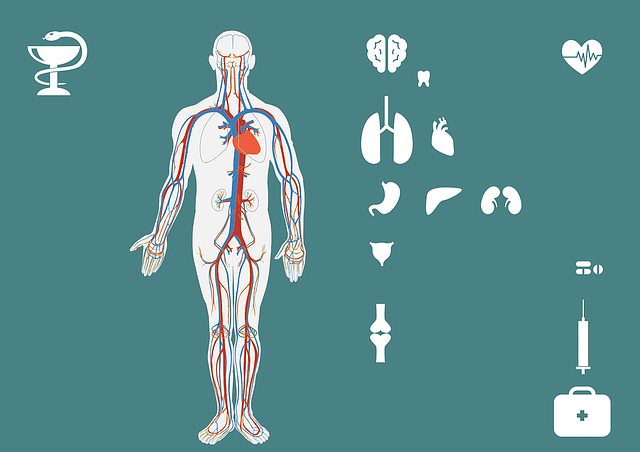A Liver Function Test is a group of tests that gives a statement on the health of a patient’s liver. It helps to determine the health of the liver by analyzing the levels of liver enzymes, proteins or bilirubin in the blood. Some of the main tests in the LFT Liver Function Test are prothrombin time, APTT, albumin, bilirubin.

A liver function test is usually recommended to screen for any infections such as hepatitis C in the liver and if you are consuming any medications that might have a side effect on the liver functions. Additionally, it also helps to monitor an already existing liver disease and its status during treatment. You may also need to undergo the test if you have symptoms of any liver problems or liver disease.
Why is LFT Done?
The Liver Function Test is performed as a part of a routine health checkup:-
- To examine any suspected liver disease like alcoholic hepatitis, autoimmune hepatitis or to measure the extent of cirrhosis.
- To scrutinize an existing liver disease and to assess the efficacy of the treatment being given for the same.
- To carefully monitor the liver function in case you are taking some medicines that might have a harmful effect on the liver.
What Does LFT Measure?
LFT is a group of tests that measure the levels of Aspartate Aminotransferase (AST), Alkaline Phosphatase (ALP), and Total protein. Also, Bilirubin and Gamma Glutamyltransferase (GGT) in blood. Each component has its own significance. And, it helps to understand a particular aspect of the liver function.
What is the Procedure of Liver Function Test?
During the test, you will have your blood drawn by a nurse and you will be asked to hold a fist. The nurse will apply a tourniquet around your arm, above your elbow. Thereafter, the skin on the inner surface of your arm will be cleaned and the needle will be inserted into a vein. Your blood will be collected in a tube and once done, the tourniquet and needle will be removed. After a few seconds, the nurse will check to see if the bleeding has stopped. And, a bandage will be placed over the small puncture wound. It is a good idea to get something to eat and drink so that you don’t feel dizzy after the liver function test is performed. In case if you have liver disease and your wound continues to bleed, you must consult your doctor.
Normal Range Chart
Your liver function test results will reflect levels of the different enzymes and proteins. The individual test results are typically used together to diagnose a liver problem.
- Aspartate Aminotransferase (AST)
The normal Aspartate Aminotransferase (AST) test results range from 0-35 U/L. The lower levels of AST in blood are considered normal. Lowest levels are seen in cases of alcoholic liver disease and malnutrition.
- Alkaline phosphatase (ALP)
The normal level of Alkaline phosphatase (ALP) in blood is 13-100 ?/L. The increased levels of ALP are seen in patients with bile duct obstruction, hepatitis, cirrhosis, and liver cancer.
- Total Serum Protein
The standard level of Total protein in blood is about 5.0 – 8.0 g/dL. While the normal level of Albumin is 3.5-5.5 g/dL.
- Bilirubin
The standard level of Total Bilirubin in blood is 0.3-1.0mg/dL. And, the normal level of conjugated bilirubin is 0.1-0.3mg/dL and that of unconjugated bilirubin (indirect) is 0.2-0.7mg/dL. The lower levels are usually not a major concern.
- Gamma-glutamyltransferase (GGT)
The normal level of Gamma-glutamyltransferase (GGT) in blood is 9-48 U/L. Higher levels of GGT are seen in patients with obstructive liver disease, acute and chronic viral hepatitis. Also, in the patients suffering from cirrhosis, fatty liver disease, cholestasis, alcoholic liver disease, liver tumors and in case the patient is taking medicines like paracetamol and antidepressants.
To acquire more information about liver function test, you must consult a suitable medical professional and best diagnostic center.
Hey welcome to my blog . I am a modern women who love to share any tips on lifestyle, health, travel. Hope you join me in this journey!

Speak Your Mind